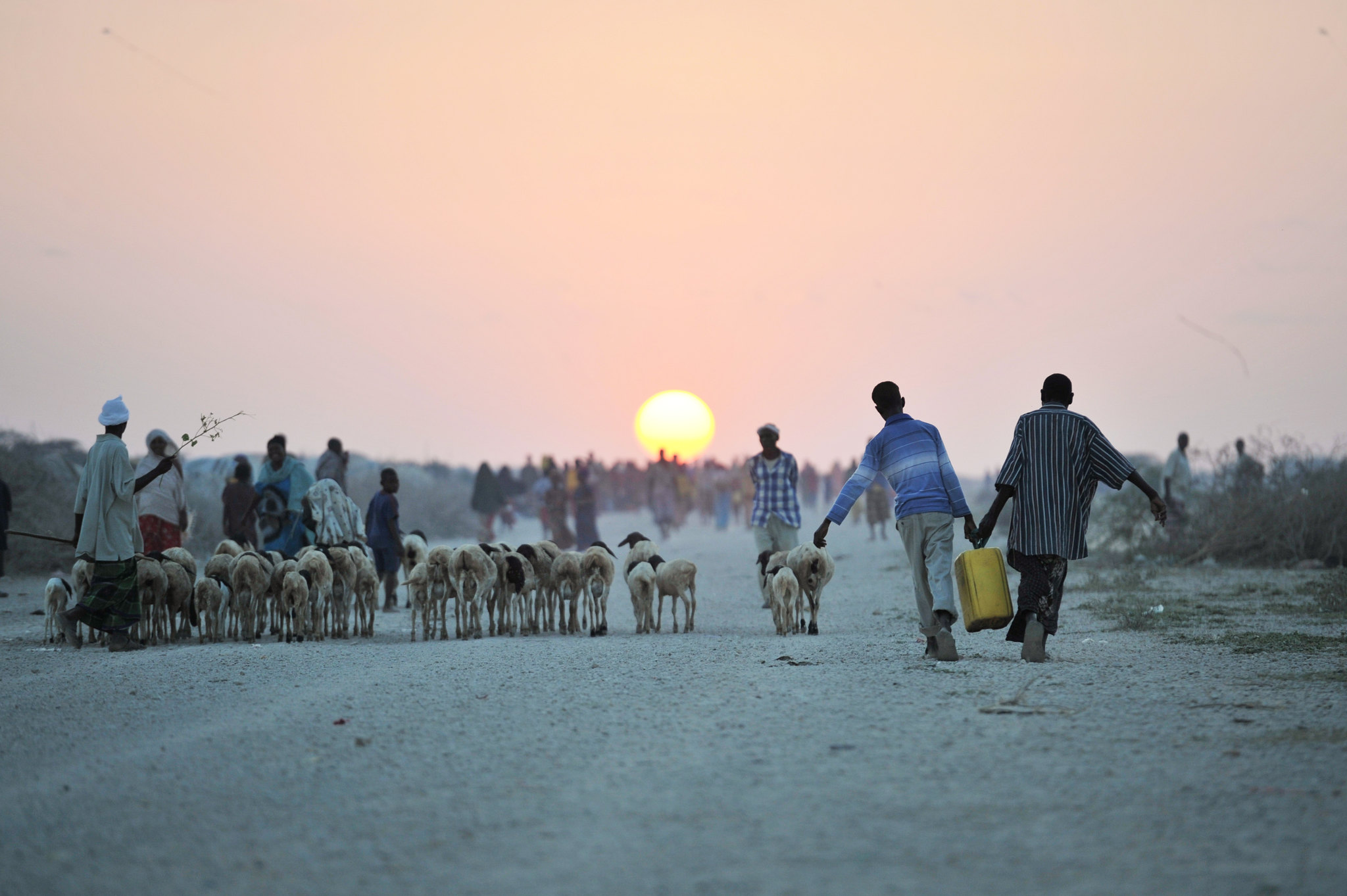NAIROBI, 07 May 2019 - A new UN-Habitat report has found that people and communities who do not have the property rights to their land and homes are often the most vulnerable to the effects of climate-related disasters ranging from droughts to floods.
The report, published with the Royal Melbourne Institute of Technology (RMIT University) and the Global Land Tool Network (GLTN) examines the inter-relationships between land tenure and climate vulnerability.
The publication, authored principally by Assoc. Prof David Mitchell and Prof. Darryn McEvoy from RMIT, highlights some of the complex, inter-linked challenges facing marginalized communities who often live in areas most prone to the effects of climate change.
The report, supported by The Netherlands Government, Norwegian Government and Swedish International Corporation Agency (Sida), features five international case studies looking at differing land tenure and climate vulnerability contexts.
The case studies were:
-
Honiara, the capital city of the Solomon Islands in the South Pacific (informal urban settlements);
-
Mindanao in the Philippines (community recovery from Typhoon Sendong);
-
St Vincent and the Grenadines in the Caribbean (the impacts of flash floods on different community types);
-
North-eastern Syria (drought,conflict and migration);
-
The Karamoja region in Uganda (pastoralist livelihoods).
The report found that insecure tenure makes it more difficult for communities to prepare for, withstand or cope with climate related disasters and to recover from them afterwards as they are disconnected from formal structures which could provide support.
To read the full report please click here.
